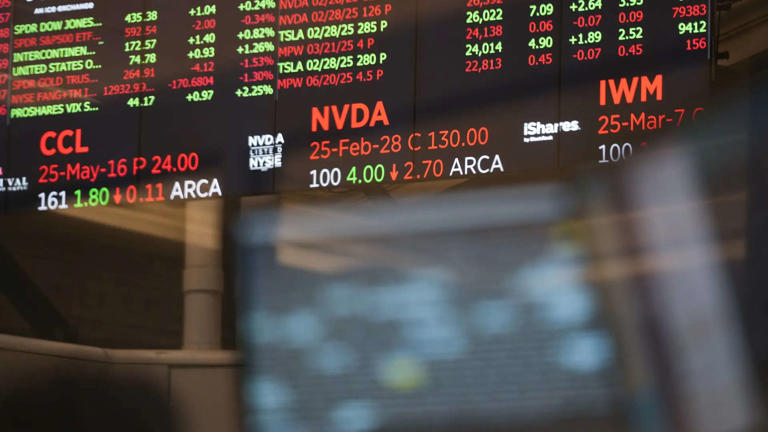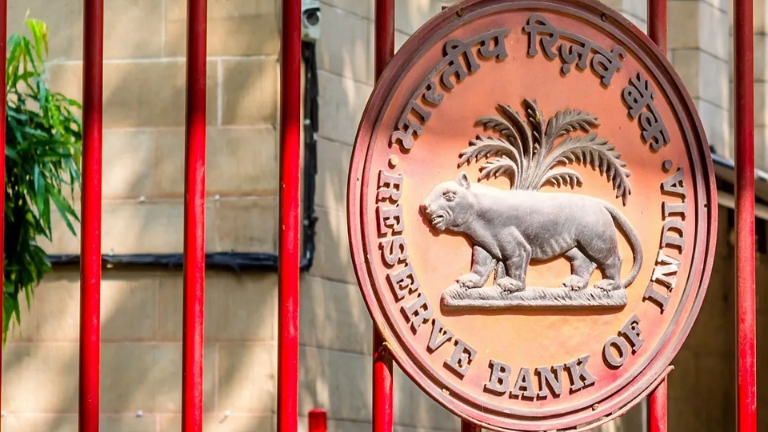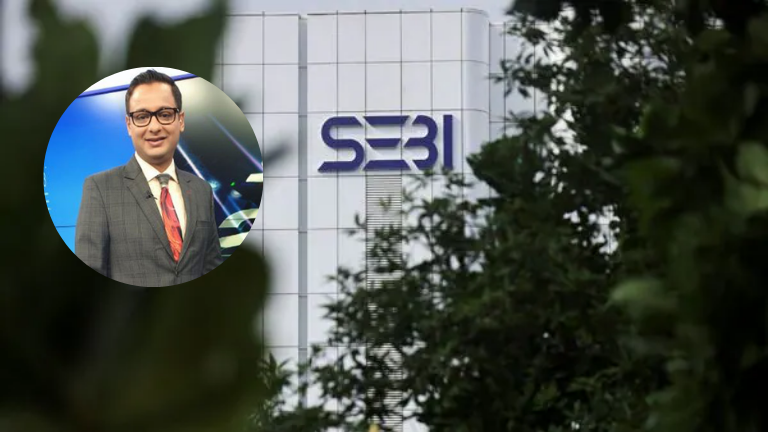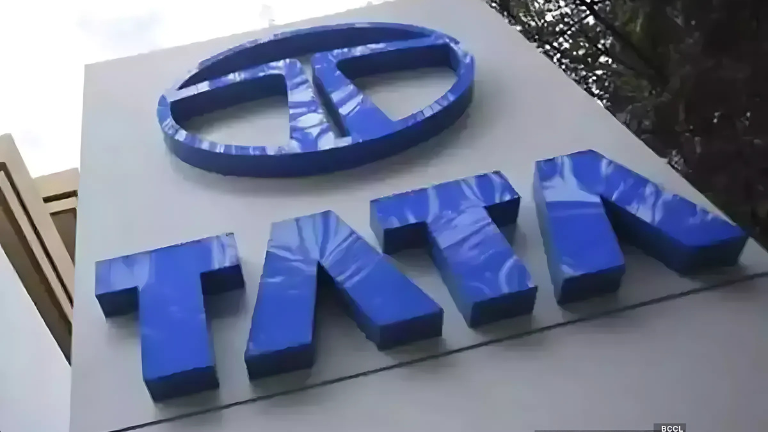Wall Street’s $4 Trillion Market Cap Crash: A Loss Equivalent to India’s Entire Stock Market
The Wall Street market crash has sent shockwaves through the financial world, wiping out a staggering $4 trillion in market capitalization from the S&P 500. To put this into perspective, this loss is nearly equal to the entire market cap of India’s stock market (BSE), which stands at $4.5 trillion.
The ongoing Wall Street market crash is fueled by rising trade tensions, inflation fears, and mounting uncertainty surrounding President Donald Trump’s economic policies. On Monday, the S&P 500 plunged 2.7%, extending its losses to 8.6% from its February peak. Meanwhile, the Nasdaq Composite nosedived 4%, marking its worst single-day decline since September 2022.
These figures highlight deepening investor anxiety as markets struggle with policy uncertainty, macroeconomic risks, and fears of an economic downturn.
Market Bloodbath: All Post-Election Gains Erased
The Wall Street market crash has wiped out all gains made since Trump’s re-election on November 5, as investors reassess the risks of his aggressive trade policies.
According to a report from UBS, the probability of a stagflationary downturn or cyclical recession in the U.S. has jumped from 20% to 30%, indicating a more pessimistic outlook.
🗣 “President Trump’s flip-flop tariff policy and the high uncertainty it has triggered have started impacting U.S. stock markets,” said Dr. V.K. Vijayakumar, Chief Investment Strategist at Geojit Financial Services.
📉 Market Performance on Monday:
- S&P 500 fell 2.7%, extending its losing streak.
- Nasdaq Composite plunged 4%, its worst decline since 2022.
- Dow Jones lost 2.2%, erasing all post-election gains.
- Bitcoin tumbled 5%, as investors fled risky assets.
Adding to market jitters, Trump dismissed concerns about an economic slowdown, stating over the weekend:
🗣 “You may get it,” when asked whether his trade policies could fuel inflation or a potential recession.
The Wall Street market crash is now being driven by escalating tariff wars, political instability, and weakening corporate earnings, triggering global concerns that have spread to emerging markets.
Tech Meltdown and Corporate Warnings Deepen Fears
The Wall Street market crash has hit the technology sector hard, with investors pulling out of high-growth stocks in favor of safe-haven assets.
📉 Biggest Losers on Wall Street:
- Apple (-5%) and Nvidia (-5%) suffered sharp losses.
- Tesla cratered 15%, erasing $125 billion in market value.
- S&P 500 tech sector plunged 4.3%, signaling a shift away from growth stocks.
Adding to the market woes, Delta Air Lines slashed its first-quarter profit forecast by 50%, citing economic uncertainty and weakening corporate travel demand.
🗣 “The slowdown in corporate spending is concerning,” said Delta CEO Ed Bastian, further amplifying fears of a broader economic downturn.
📊 Key Economic Indicators Flashing Warning Signs:
- The Atlanta Fed’s GDPNow revision for Q1 GDP was sharply lower than expected.
- Corporate earnings warnings are increasing, signaling potential weakness ahead.
- Bond yields have dropped, as investors seek safe-haven assets like gold and U.S. Treasuries.
The Wall Street market crash suggests that investors are reassessing their risk exposure, particularly in high-growth sectors that have driven the market rally in recent years.
Indian Markets Feel the Heat but Outperform the U.S.
The Wall Street market crash has sent shockwaves across global financial markets, with India’s stock market also feeling the pressure.
📉 Nifty 50 has declined 15% from its September peak, marking its worst five-month losing streak.
However, in a rare silver lining, Indian equities have held up better than U.S. markets.
🗣 “A significant consequence of the ongoing market correction is that India is now outperforming the U.S.,” said Dr. Vijayakumar.
📊 Market Performance Over the Last Month:
- S&P 500 has fallen 7.5%, reflecting deep uncertainty.
- Nifty 50 is down only 2.7%, showing resilience.
Why Is India Outperforming the U.S.?
1️⃣ Weaker Dollar Boosts Indian Markets – The dollar index has slipped, reducing capital outflows from India.
2️⃣ Stronger Domestic Consumption – India’s economy continues to be driven by local demand, making it less vulnerable to U.S. trade wars.
3️⃣ Selective Valuations Offer Stability – While Nifty 50 is trading 9% below its historical average, mid-cap and small-cap stocks remain overvalued by 22-25%, suggesting room for further correction.
While Indian markets are not immune to global volatility, they remain better positioned than Wall Street in the current economic climate.
What’s Next? Markets at a Tipping Point
With the Wall Street market crash deepening, analysts are divided on whether this is just a correction or the start of a deeper downturn.
📉 Bearish Concerns:
- U.S. government shutdown risks could trigger further instability.
- Trump’s trade policies may worsen economic conditions.
- Corporate earnings slowdowns could signal a prolonged downturn.
📈 Bullish Outlook:
- UBS remains cautiously optimistic, citing medium-term upside potential.
- India’s markets remain strong, attracting emerging market inflows.
🗣 “The ideal investment strategy now is not to panic during this correction,” advised Dr. Vijayakumar.
Investment Strategy for Uncertain Times
✅ Stay invested in high-quality large-cap stocks with strong fundamentals.
✅ Selectively buy beaten-down mid-cap and small-cap stocks with long-term growth potential.
✅ Diversify portfolios to mitigate risk in the face of heightened volatility.
With global markets facing economic and political headwinds, investors should brace for more short-term turbulence while focusing on long-term value investing strategies.
Final Thoughts: A Defining Moment for Global Markets
The Wall Street market crash serves as a stark reminder of the fragility of global financial markets in the face of political uncertainty, inflation, and economic risks.
🚀 Key Takeaways:
✅ Wall Street’s $4 trillion wipeout equals nearly India’s entire stock market.
✅ S&P 500 (-2.7%) and Nasdaq (-4%) have erased all post-election gains.
✅ Tech stocks plunged, with Tesla losing $125 billion in value.
✅ Indian markets have been more resilient, outperforming U.S. equities.
✅ Analysts remain divided on whether this is a correction or a prolonged downturn.
As investors navigate an unpredictable market, staying informed, avoiding panic-driven decisions, and focusing on quality investments will be crucial for long-term success.💬 What’s your outlook on the market? Do you think this is just a correction or the start of a bigger downturn? Let us know in the comments! ⬇️📉







